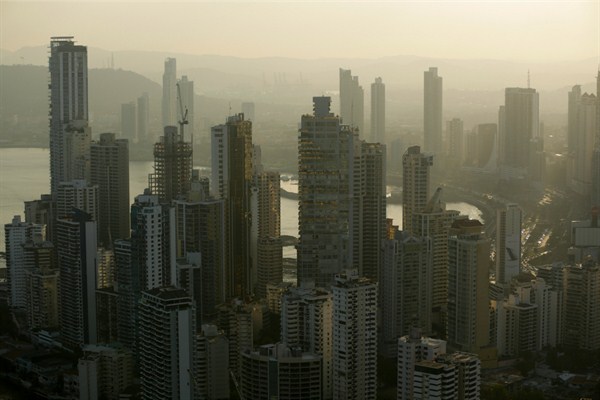AMSTERDAM—In the hours that followed the explosive revelations known as the Panama Papers, reverberations from the giant data drop were felt around the globe. After all, the 11.5 million documents from the Panamanian firm Mossack Fonseca, leaked anonymously to International Consortium of Investigative Journalists, implicate rich and powerful people from practically every country on Earth as holders of offshore shell companies that are often used for tax evasion purposes. But while the power from the leaks to discredit prominent individuals extended across practically every nation and every system of government, reaction to the revelations was far from uniform.
The differences could be found in the way governments handled the news, in the media’s coverage of the story, and in the reaction from the public, including opposition parties, to the information emerging from the leaks. The first wave of reactions became something of a prism, providing a look at the functioning of the political system and the media in each affected country.
In Iceland, for example, Prime Minister Sigmundur David Gunnlaugsson immediately came under fire following revelations that he and his wife had set up a suspicious company in the British Virgin Islands. The country’s media tackled the matter forcefully; the opposition started calling for new elections; and thousands of people took to the streets to demand the prime minister’s resignation or new elections. Within 48 hours of the news, Gunnlaugsson apparently lost his job. Gunnlaugsson's office later stated that he would only take an indefinite leave of absence, although uncertainty remains over whether he will be able to retain his post.

